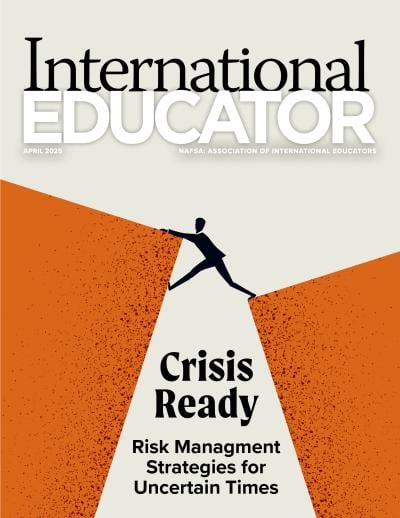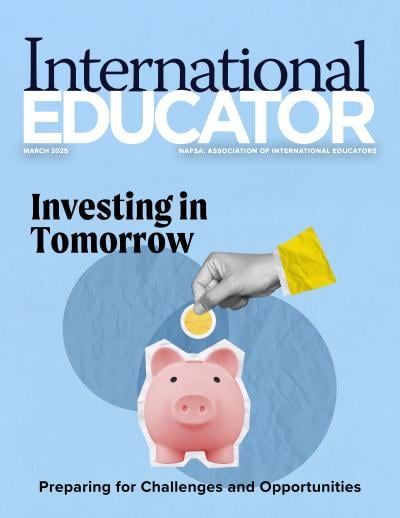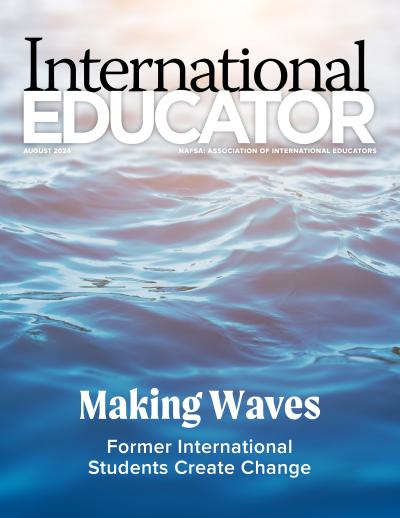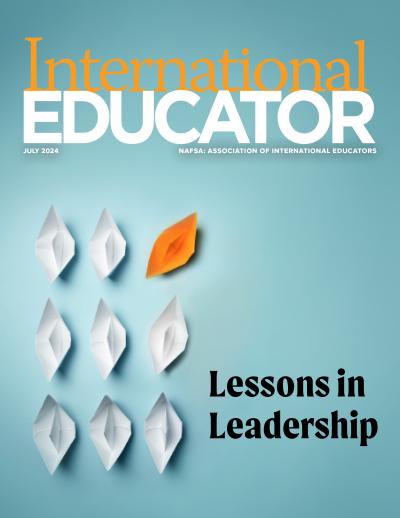We Cannot Be Bystanders
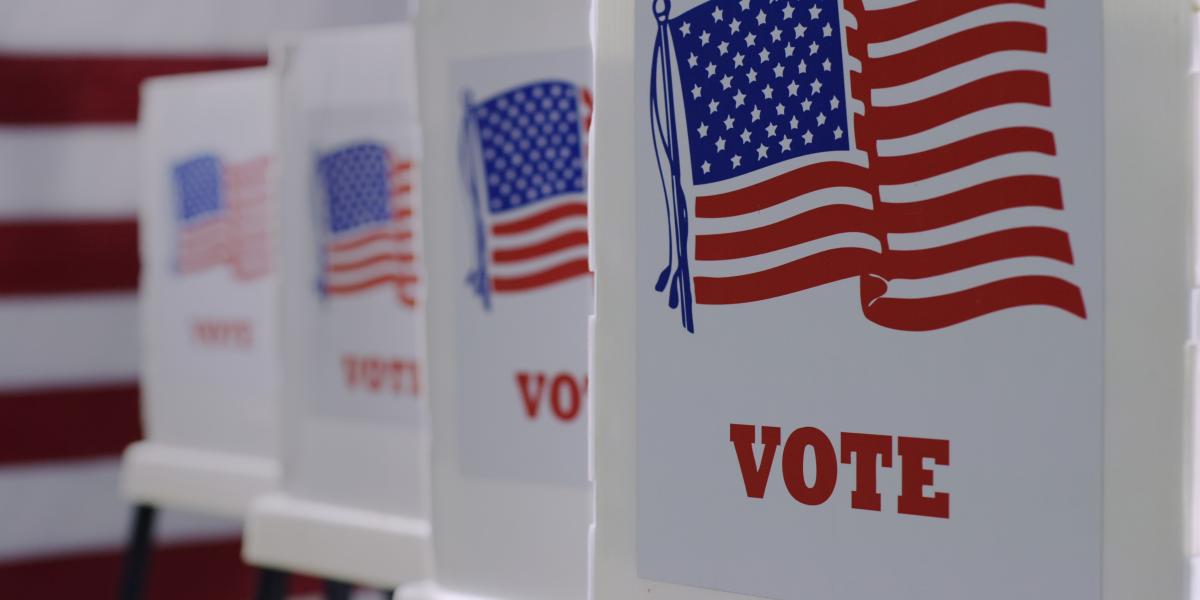
This year will be a massive year for elections around the world. Across more than 60 countries, nearly half of the global population will hit the voting booth. The sheer magnitude of what these elections will mean for all of us is a humbling reminder that, yes, elections do indeed matter.
As many of you readers may know, March is the season of advocacy for us here at NAFSA. This season culminates with our Advocacy Day on March 13. While we take this opportunity to strengthen our advocacy efforts with elected leaders, I am reminded that advocating for international education does not stop with our work at NAFSA.
My Perspective from the Voting Booth
During this election year, I have been reflecting on my own journey. Since 2008, I have gone to my voting center in Maryland to cast my ballot in each election and have been amazed at what I see every time. Given what is at stake for my adopted home here in the United States—and the entire world—I knew from my first opportunity to vote that I would never miss the chance to do so. This most basic civic duty is a responsibility that I do not take lightly nor should you.
As I stand in line to vote at the Civic Center in Montgomery County, I make sure to take a moment to pause and reflect on what this act means. In that room, there is a beautiful mosaic of the United States that I know and have come to love: people of every race, ethnicity, belief, ability, and background coming together. Every time, I look around at the 100 or so people in the room and take a mental picture to remember the power of the moment. It makes me smile and fills my heart with warmth and hope for our country.
This process is a reminder that I am not alone. The people in that room, just like the millions who vote in our elections nationwide, understand the weight of the moment. We understand that we cannot afford to be silent nor can we sit on the sidelines and watch. We know that we cannot be bystanders.
Each time I vote, there are first-time voters around me. This fills me with hope and it reminds me of my first vote in 2008 as a new U.S. citizen. I remember my own journey from Mali and across the world to end up right there in that room, voting for the first time in the United States. I understood the importance of my vote then just as I do now. I understood that my vote is my expression of duty and the belief that democracy matters. I understood my vote as a form of advocacy for our collective future.
What It Means to Be an Advocate
This is the perfect time for us all to reflect on the value of international education and to refocus on what it means to be an advocate. We are deeply grateful to those of you who understand the importance of advocacy and value your voice. Our relationships with members of Congress are essential to our mission, and we must continue to sustain and strengthen our engagement with our lawmakers in order to pursue our mission.
We are very much in the beginning of election season here in the United States, and it is too early to speculate on what the outcomes may be. For our organization and our members, this would be counterproductive. We must stay focused on our goals in international education and continue to push for progress.
We all have witnessed the major polarization across our country and many others over the past decade. This us vs. them mentality has injected toxin into our societies, eroded our trust in institutions of all types, and produced so much vitriol in our civic discourse. I hope we can all agree this cannot stand. I have been a U.S. citizen for 20 years now and lived in the United States for twice as long. I have seen how the danger of a “single story” can be repeated a million times over to erode our sense of community and instill fear in us.
Our values will always matter, regardless of whom we elect. We are committed to our work every day because we know that global learning leads to a more engaged and welcoming United States. It leads to a more responsive and participatory government as well as a more secure and peaceful world.
Advocating for our beliefs is not always easy. It takes a renewed effort every single day. We must understand that we have agency and that our voices can and must count. This year, you will have the opportunity to voice your values—not just through a single vote but the whole way down the ballot. The values we advocate for every day—that international education makes our country and our world more caring, understanding, and peaceful—will be on the ballot.
I am taking this time to remind you that in a year when billions of people across the world will exercise their right to vote for a better world, you too have a voice. We cannot let this opportunity go to waste. We cannot give away the opportunity to advocate for our values at the ballot box. You and I cannot be bystanders. •
About International Educator
International Educator is NAFSA’s flagship publication and has been published continually since 1990. As a record of the association and the field of international education, IE includes articles on a variety of topics, trends, and issues facing NAFSA members and their work.
From in-depth features to interviews with thought leaders and columns tailored to NAFSA’s knowledge communities, IE provides must-read context and analysis to those working around the globe to advance international education and exchange.
About NAFSA
NAFSA: Association of International Educators is the world's largest nonprofit association dedicated to international education and exchange. NAFSA serves the needs of more than 10,000 members and international educators worldwide at more than 3,500 institutions, in over 150 countries.
NAFSA membership provides you with unmatched access to best-in-class programs, critical updates, and resources to professionalize your practice. Members gain unrivaled opportunities to partner with experienced international education leaders.





